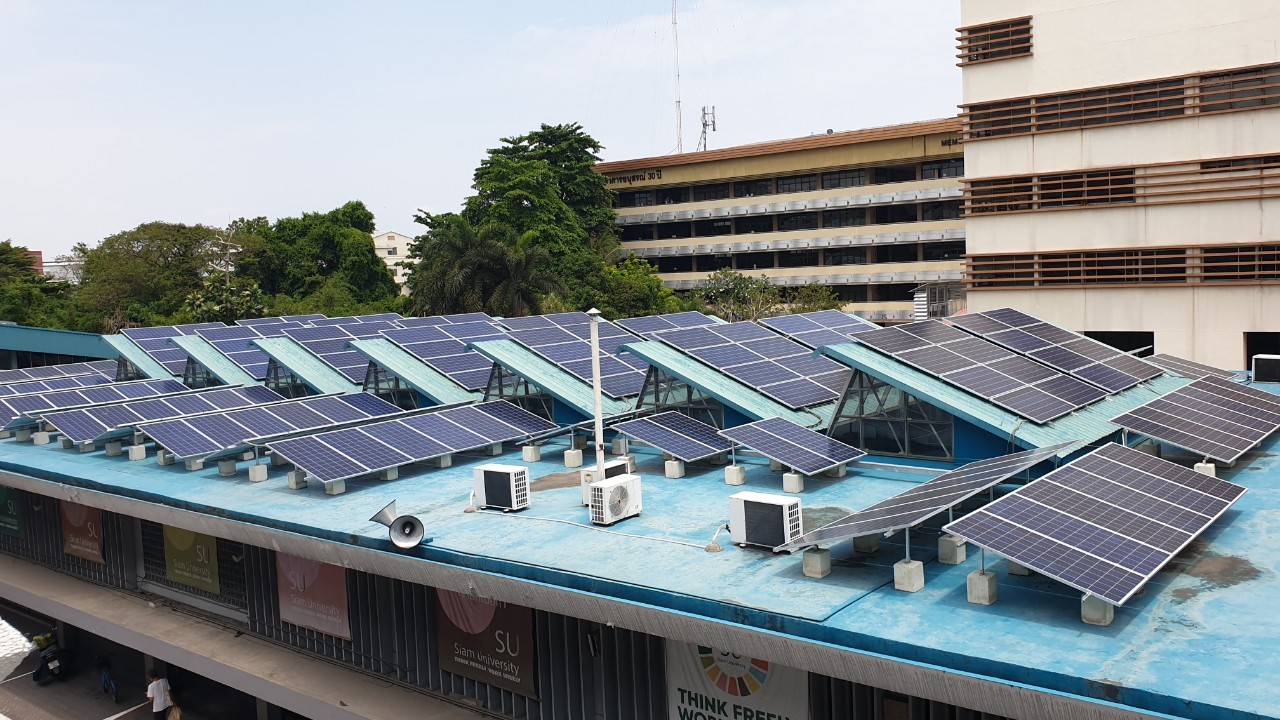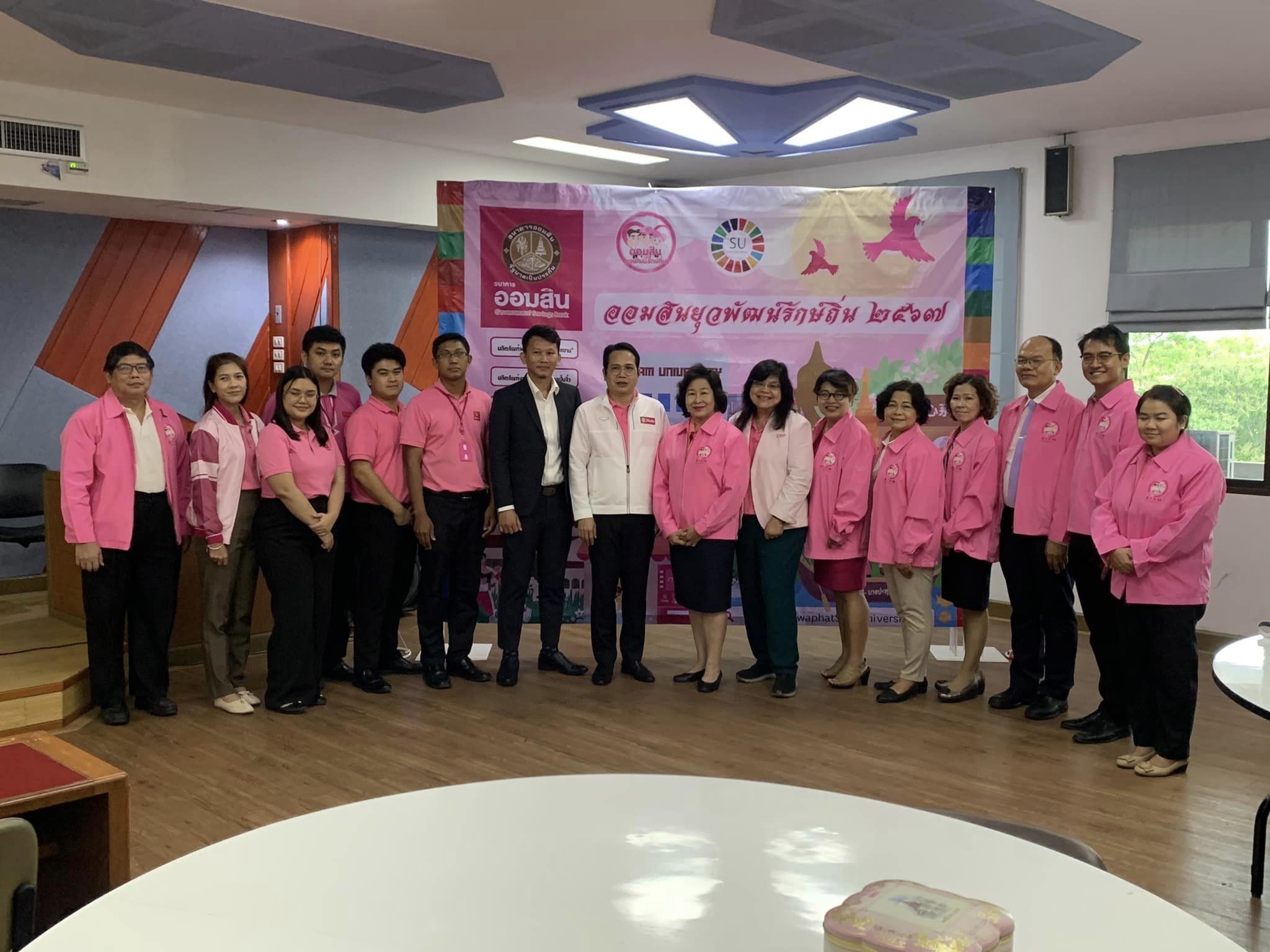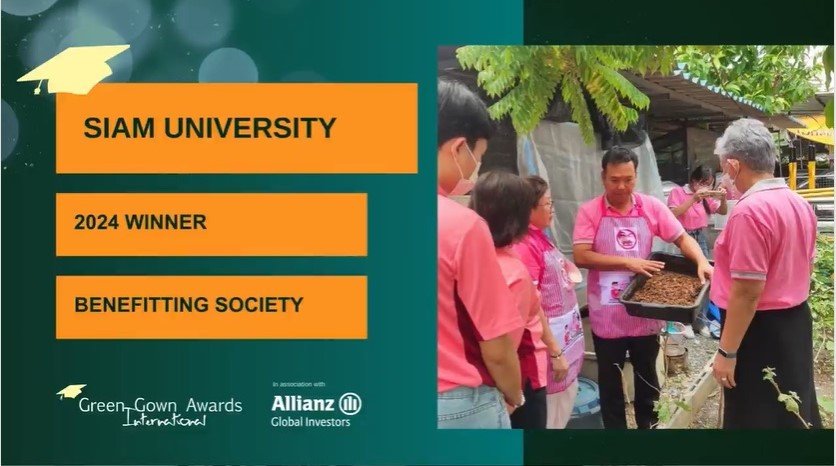นำเสนอโครงการย่อย (Proposal) โครงการออมสินยุวพัฒน์รักษ์ถิ่น ประจำปี 2567
วันที่ 4 เมษายน 2567 ฝ่ายพัฒนาธุรกิจผู้ประกอบการรายย่อยและองค์กรชุมชน ร่วมกับมหาวิทยาลัยสยาม จัดเวทีการนำเสนอโครงการย่อย (Proposal) โครงการออมสินยุวพัฒน์รักษ์ถิ่น ประจำปี 2567 โดยได้รับเกียรติจาก ศาสตราจารย์ กิตติคุณ ดร.ชนิตา รักษ์พลเมือง รองอธิการบดีมหาวิทยาลัยสยาม เป็นประธานเปิดงาน พร้อมด้วย คุณนภสินธุ์ …
คณะพยาบาลศาสตร์ ม.สยาม รับรางวัลระดับนานาชาติ
CONGRATULATIONS!! คณะพยาบาลศาสตร์ ม.สยาม รับรางวัลระดับนานาชาติ🏆🎉 🐛 ขอแสดงความยินดีกับคณะพยาบาลศาสตร์ มหาวิทยาลัยสยาม ที่โครงการ 🐛 Tiny Heroes, Global Saviors ได้รับรางวัลระดับนานาชาติ The Winners ของ International Green Gown …



